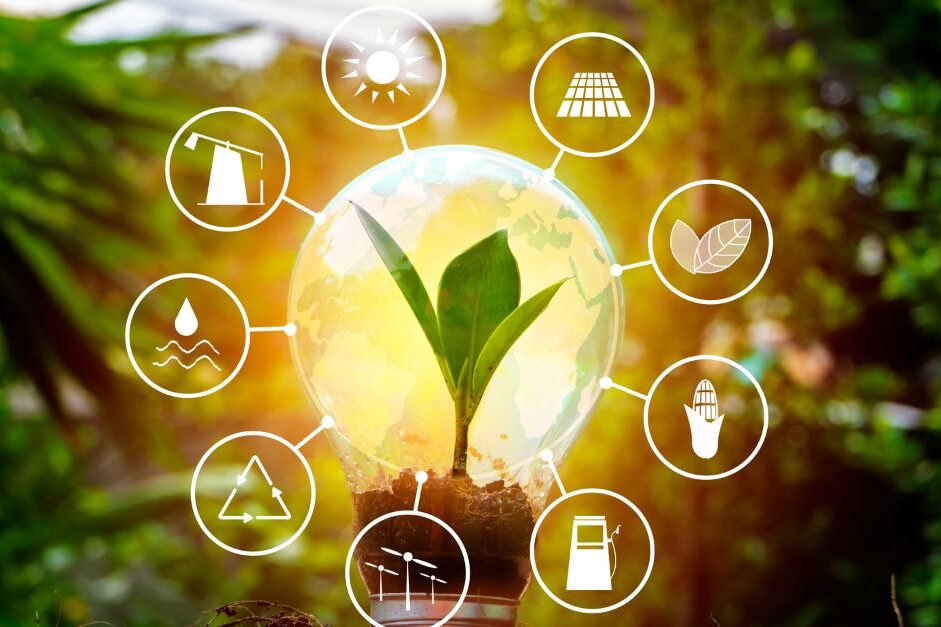As the world becomes more aware of the environmental and social impacts of its actions, the Brazilian logistics sector is at the forefront of adopting ESG (Environmental, Social, and Governance) practices. This article addresses the innovations and challenges faced by the sector, with a special look at the contribution of sustainable initiatives such as the use of biomethane.
The Growing Role of ESG in Logistics
ESG has become a crucial aspect in the logistics sector, highlighting the need to reduce Greenhouse Gas (GHG) emissions and adopt social responsibility and governance practices. The integration of ESG indicators into business management is not just a trend, but a growing need in the market.
Technology and Innovation at the Vanguard
Technological innovations have been fundamental to optimizing operations and reducing environmental impacts. Process automation, for example, promotes greater productivity and efficiency, being crucial to facing sustainability challenges.
Biomethane: A Sustainable Solution
One of the most promising initiatives is the use of biomethane as a sustainable alternative for the logistics sector. Companies like Gás Verde have stood out in this scenario. Biomethane, derived from renewable sources, offers an environmentally friendly solution, significantly contributing to the reduction of polluting gas emissions. Notable examples include projects where biomethane is used to fuel logistics operations, demonstrating the potential of this fuel in the transition to greener logistics.
Challenges and Perspectives
Despite advances, the implementation of ESG practices and the transition to sustainable fuels such as biomethane still face challenges, including high costs and the need for cultural changes within organizations. However, growing awareness of the importance of sustainability and regulatory pressures are accelerating these changes.
Conclusion
The future of logistics in Brazil is promising, but requires a continued commitment to sustainability and social responsibility. ESG practices, including the adoption of fuels such as biomethane, are not only essential for the health of the planet, but also represent a competitive differentiator in the market. As society becomes more aware and demanding of sustainable practices, companies that lead this transformation will have significant advantages.





